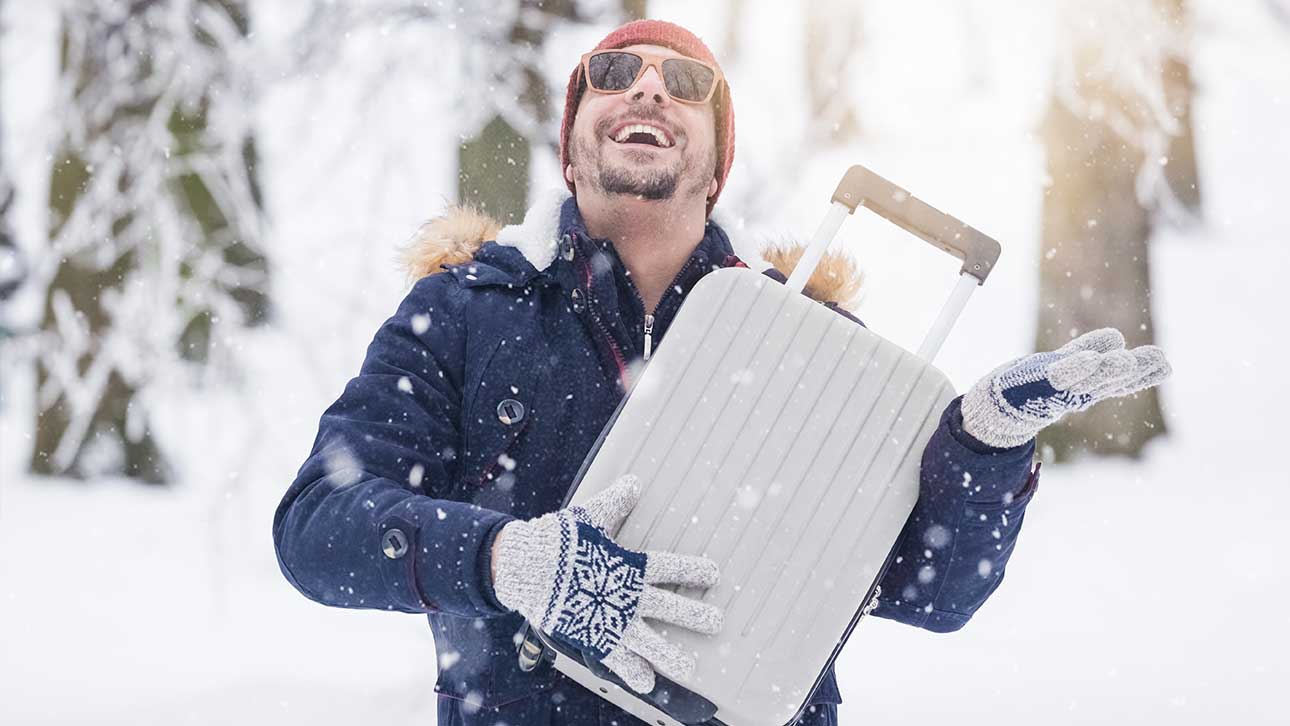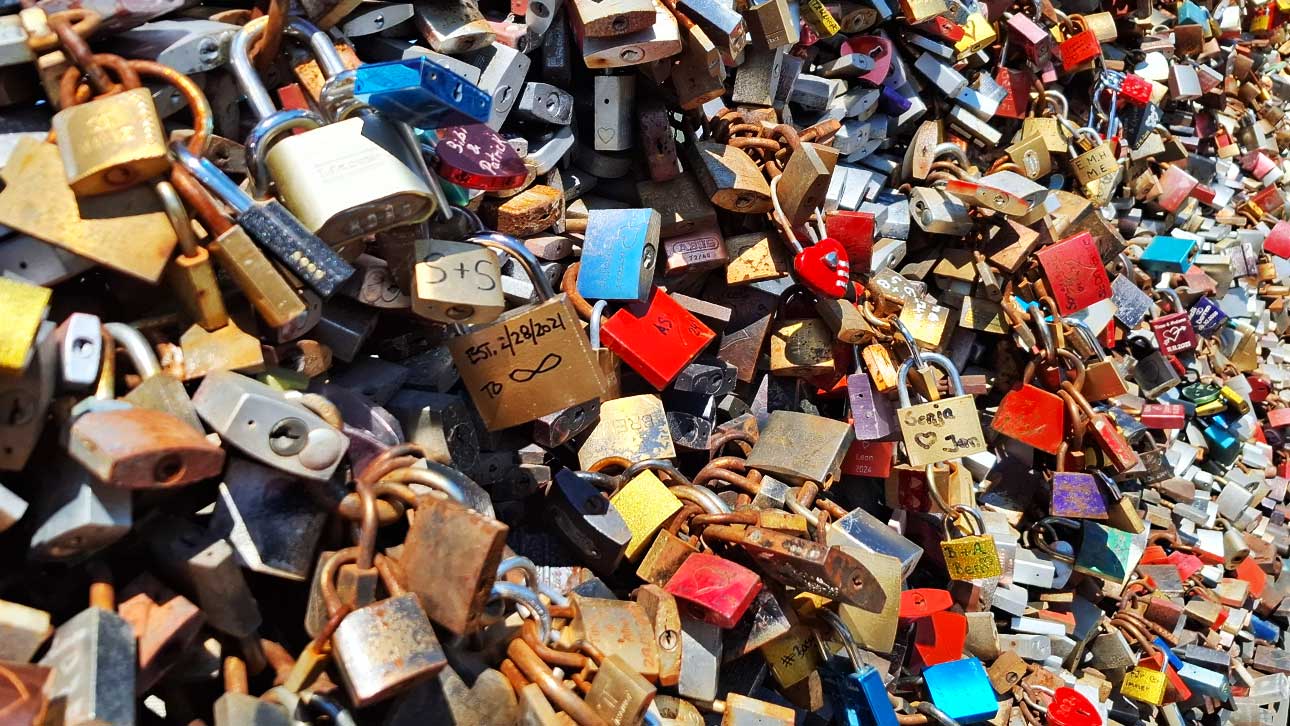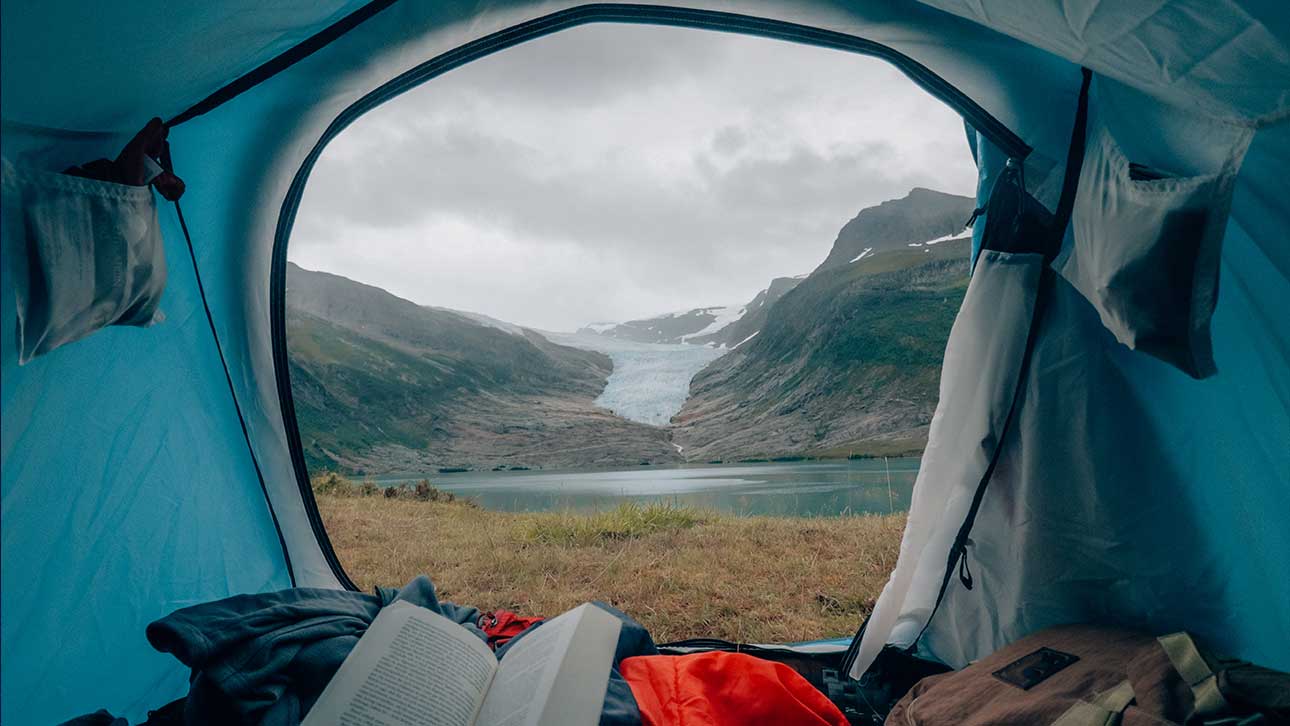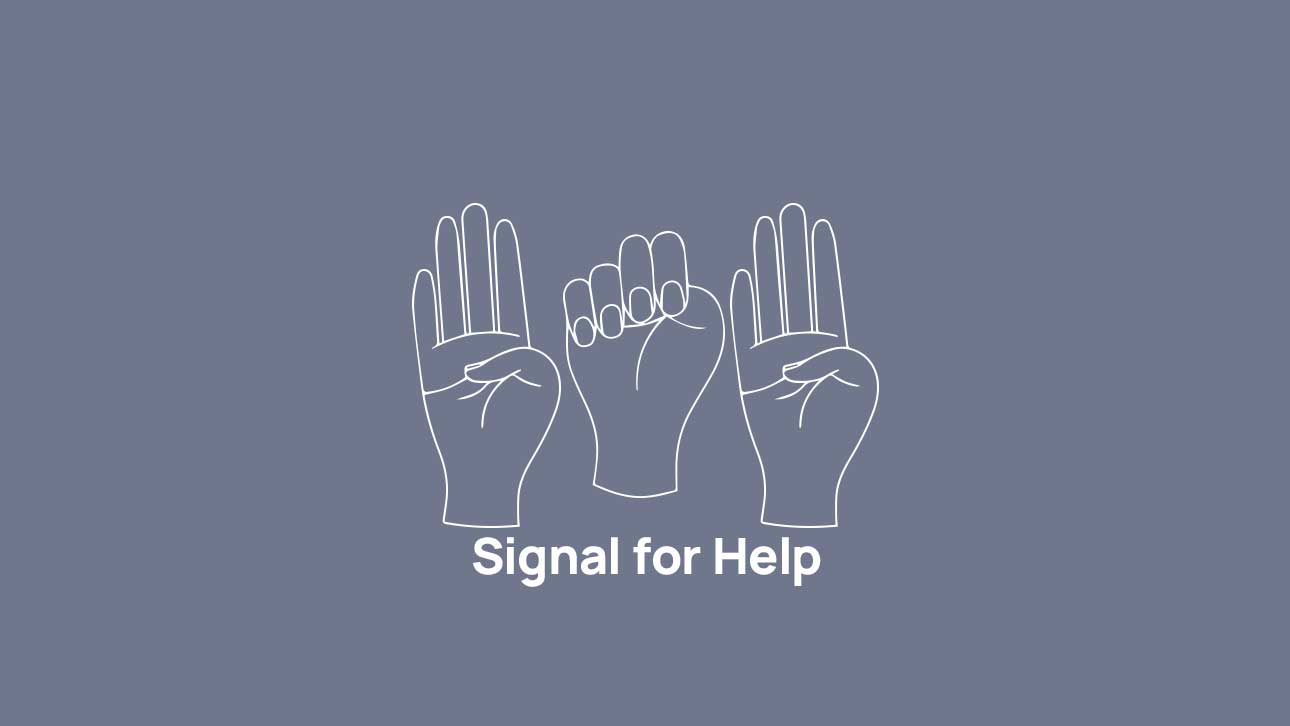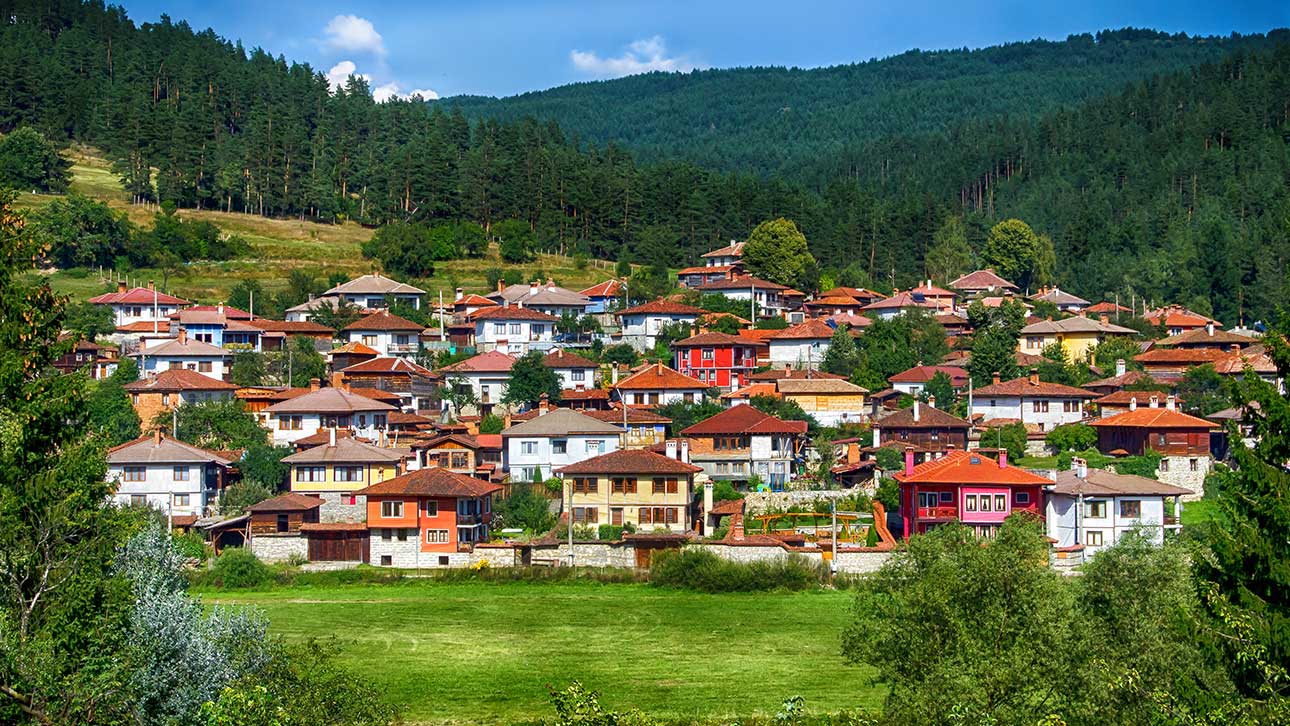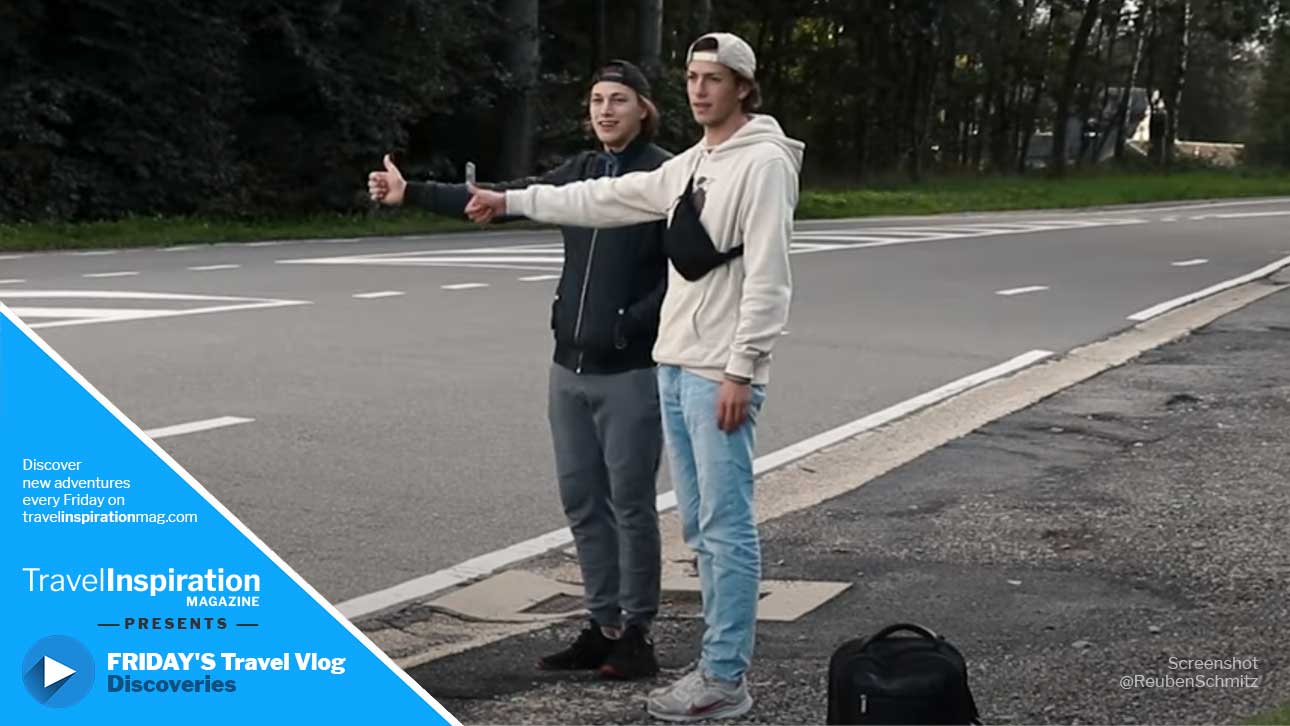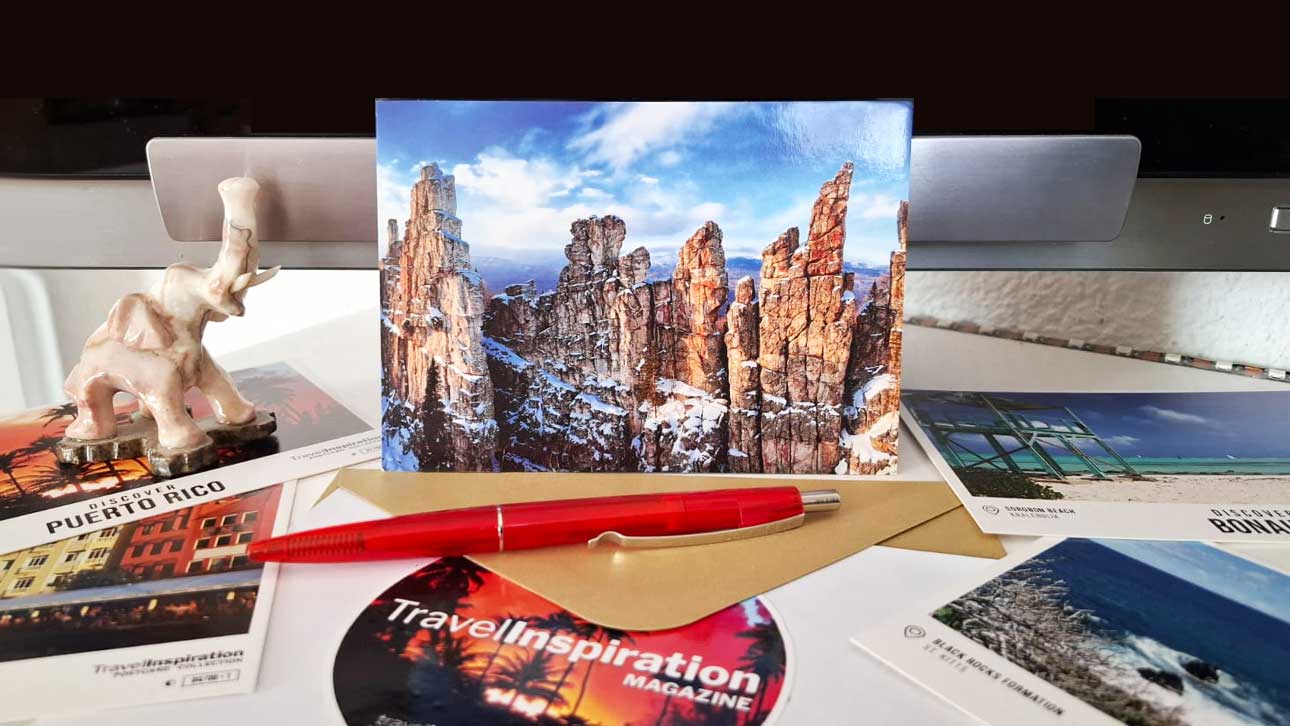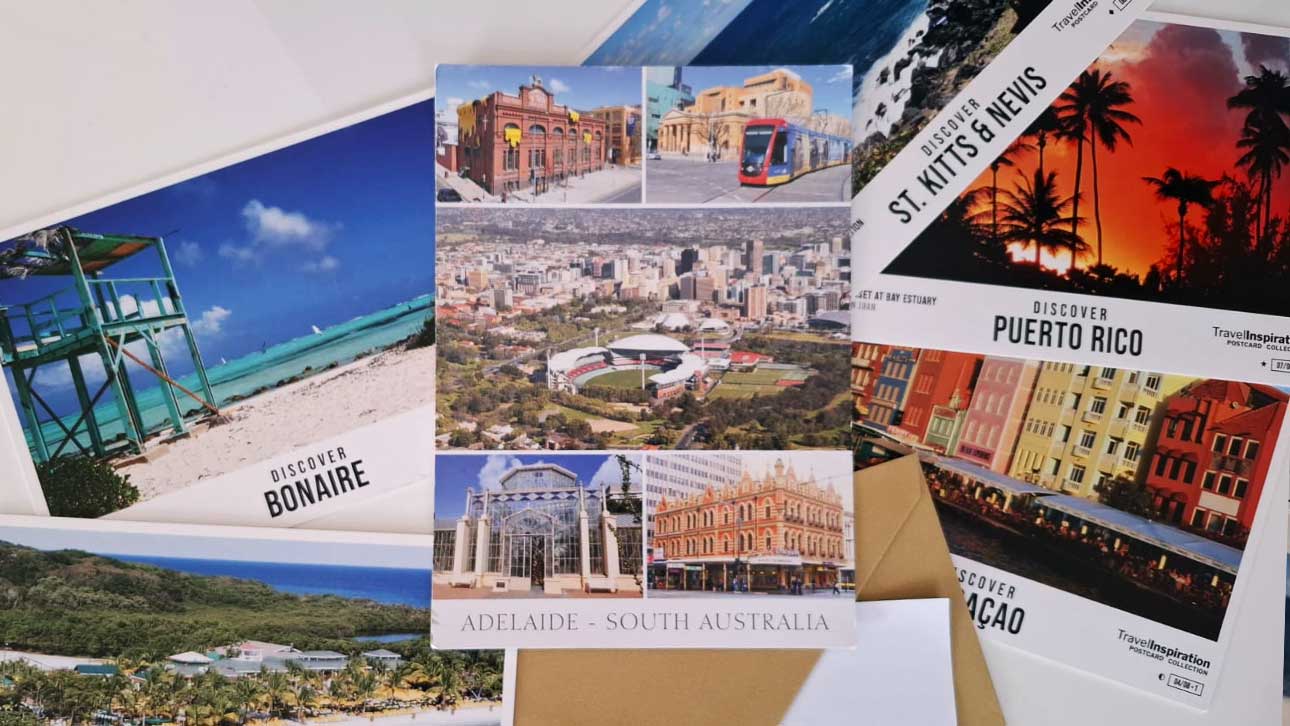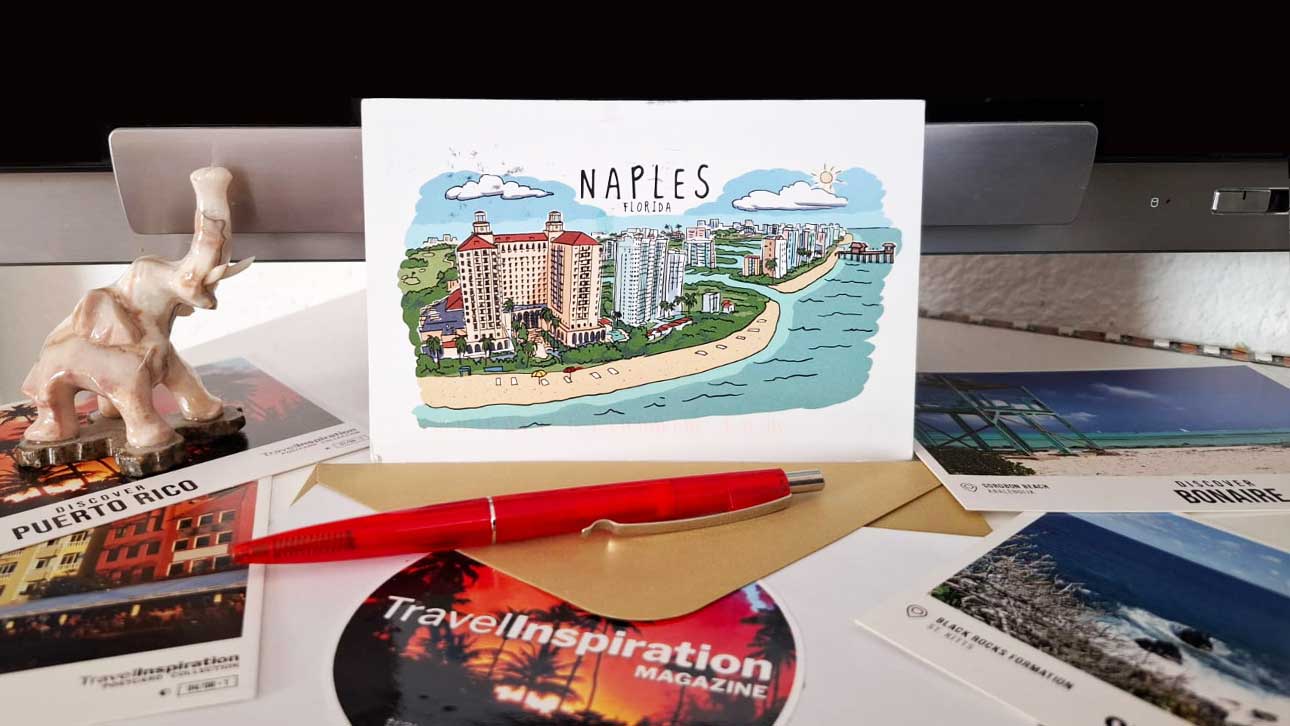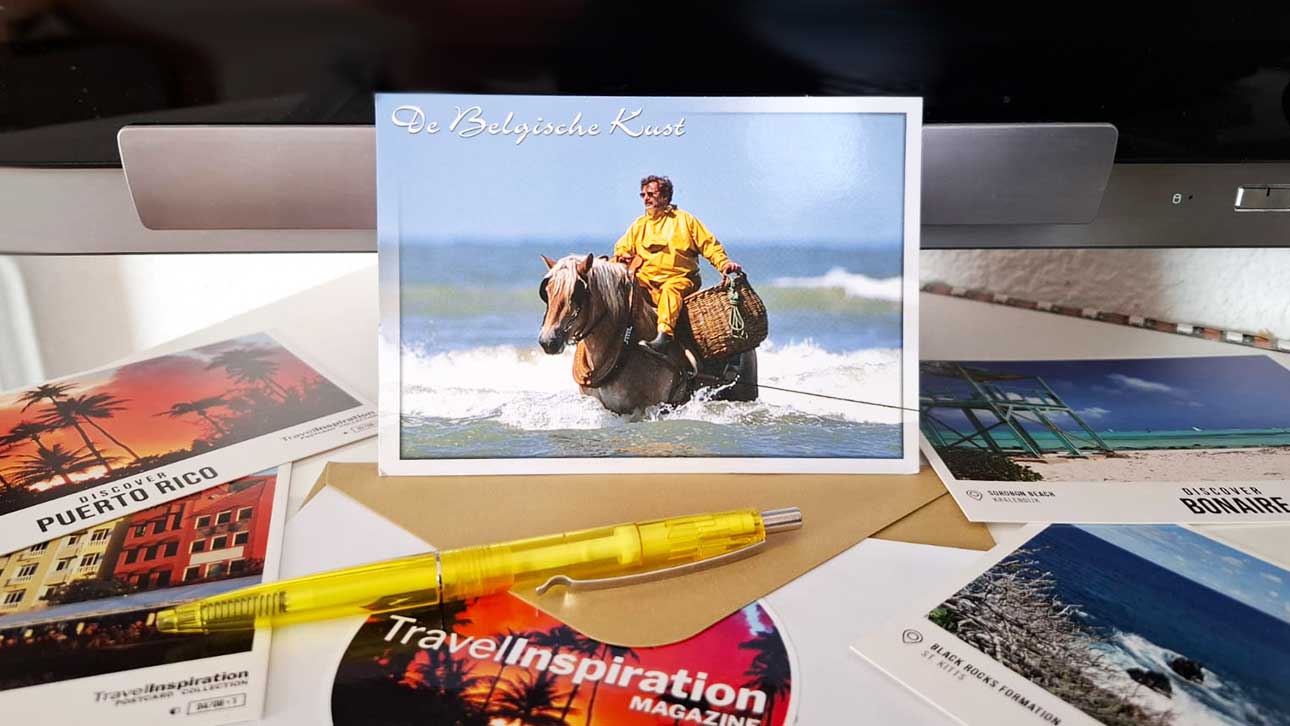
Europe transforms into a magical wonderland in winter, offering snowy landscapes, festive markets, and winter sports. However, winter travel also brings unique challenges, from icy roads to crowded holiday destinations. Follow these Europe-specific tips to stay safe and enjoy your winter adventure.
1. Dress for the Weather
Winter in Europe can range from mild to severe, depending on the region. Pack warm layers, including thermal wear, waterproof jackets, gloves, hats, and sturdy boots. This is especially important if you plan to visit northern or mountainous regions, where temperatures can plummet below freezing.
2. Plan for Winter Travel Disruptions
Snow and icy conditions can disrupt transportation in Europe during winter. Always check for updates on train schedules, flight delays, or road closures before you travel. Apps like Eurail and Skyscanner can help you monitor travel options and plan alternatives if needed.
3. Stay Safe in Crowded Holiday Markets
Christmas markets and holiday events are a highlight of winter in Europe, but they also attract large crowds. Keep your belongings secure, use anti-theft bags, and remain vigilant in busy areas. Avoid carrying valuables in easily accessible pockets to deter pickpockets.
4. Be Cautious on Slippery Streets
Snow and ice can make streets and sidewalks dangerously slippery. Wear shoes with good traction and walk carefully, especially in hilly cities like Prague, Edinburgh, or Salzburg. Many cities use salt or sand to reduce slipperiness, but caution is still necessary.
5. Stay Warm and Hydrated
While the cold may suppress your thirst, it’s crucial to stay hydrated. Carry a reusable water bottle and drink regularly. Warm beverages like tea, mulled wine, or hot chocolate are also excellent for staying cozy. Avoid prolonged exposure to cold temperatures by taking regular breaks indoors.
6. Be Prepared for Shorter Days
Daylight hours are significantly shorter in Europe during winter, especially in northern regions like Scandinavia. Plan your activities to make the most of daylight and be cautious when exploring unfamiliar areas after dark. Carry a small flashlight or use your phone’s light if needed.
7. Know Emergency Contacts
Familiarize yourself with Europe’s universal emergency number, 112, which connects you to police, fire services, and medical assistance. Keep a list of local embassy contacts and healthcare facilities in case of emergencies. Travel insurance is a must for winter trips, covering accidents, health issues, or travel disruptions.
8. Respect Local Winter Customs
Many European countries have unique winter traditions, such as Krampus parades in Austria or ice skating on frozen canals in the Netherlands. While enjoying these activities, follow local safety guidelines and respect cultural norms to ensure a positive experience.
9. Stay Alert in Ski Resorts
Skiing in Europe is a favorite winter activity, but it comes with risks. Wear appropriate safety gear, follow marked trails, and check avalanche warnings. Skiing areas in France, Switzerland, and Italy offer some of the best experiences but require vigilance to stay safe.
10. Monitor Winter Weather Alerts
European winters can bring sudden weather changes, including heavy snowstorms or icy winds. Sign up for weather alerts from trusted sources like Meteo Europe or local government websites. Always be prepared with extra clothing, food, and water for unexpected delays.
Enjoy Winter Adventures Safely
Europe in winter offers unforgettable experiences, from snow-capped Alps to festive lights in cities like Vienna and Paris. By taking precautions and staying prepared for winter conditions, you can enjoy the beauty and charm of the season with peace of mind. Remember, safety is the key to making lasting memories.
Did you enjoy this article?
If you love discovering inspiring stories and unique places, download our free app "Travel Inspiration Magazine" from Google Play! No annoying ads. No distractions. Just pure reading pleasure.
📲 Install from Google Play![Български [BG] Български [BG]](/media/mod_languages/images/bg_bg.gif)
![English [EN] English [EN]](/media/mod_languages/images/en_gb.gif)

